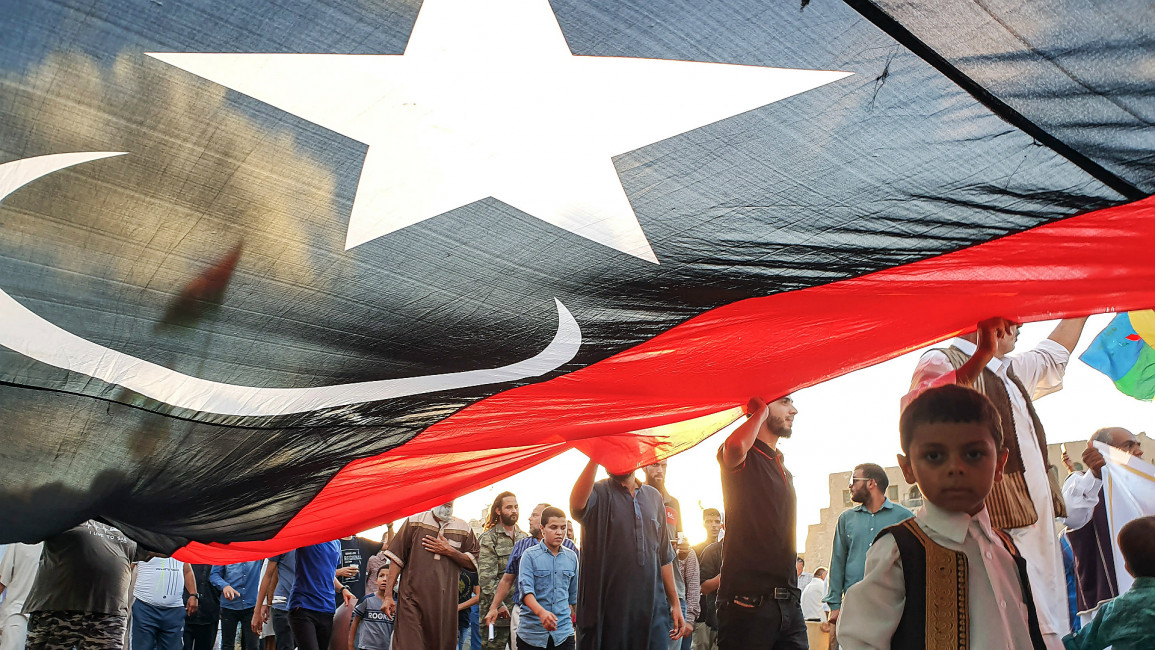Tripoli-based government to boycott Arab League Libya talks
Libya's UN-recognised unity government has said it will boycott talks on the conflict in the North African country to be held by Arab League foreign ministers next week.
Foreign minister Mohamad Taher Siala told the bloc's executive council on Friday that the planned meeting would "merely deepen the rift" between Arab governments on the conflict, his ministry said.
The talks, to be held by videoconference because of concerns about coronavirus, were called for by Egypt, a key supporter of the Tripoli government's archfoe, eastern-based strongman Khalifa Haftar.
Siala complained there had been no prior consultation with his government, even though the meeting concerned Libya, and said the virtual format of the meeting was not appropriate for addressing the thorny issues involved.
The Government of National Accord has been in the ascendancy since its Turkish-backed forces defeated a year-long offensive by Haftar's loyalists against the capital earlier this month and drove them out of western Libya.
Egypt responded with a peace initiative that was welcomed by fellow Haftar supporters the United Arab Emirates, Jordan and Saudi Arabia, but was widely viewed as a bid to buy time for Haftar's force to regroup.
|
||
The GNA and Turkey both dismissed the initiative and called for continued ceasefire negotiations under the aegis of the United Nations.
Washington too called for UN-led ceasefire talks.
Oil-rich Libya has been torn by violence, drawing in tribal militias, jihadists and mercenaries since the 2011 toppling and killing of longtime dictator Muammar Gaddafi in a Western-backed uprising.
The latest escalation has been marked by an uptick in foreign involvement.
Recent weeks have seen tensions rise between Turkey and France, which despite public denials has long been suspected of favouring Haftar until his recent setbacks.
The United Nations has urged outside powers to respect a deal reached at a January conference in Berlin, calling for an end to foreign meddling and upholding a much-violated arms embargo.
Follow us on Facebook, Twitter and Instagram to stay connected



